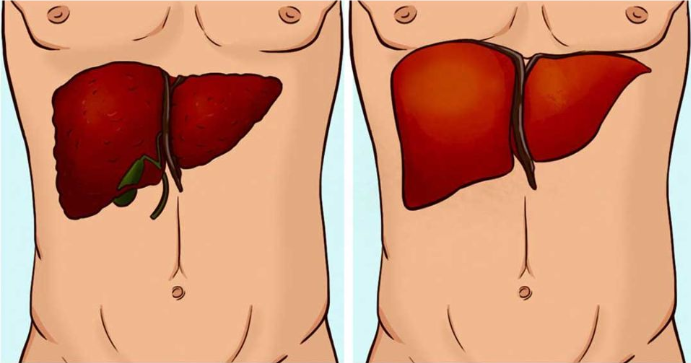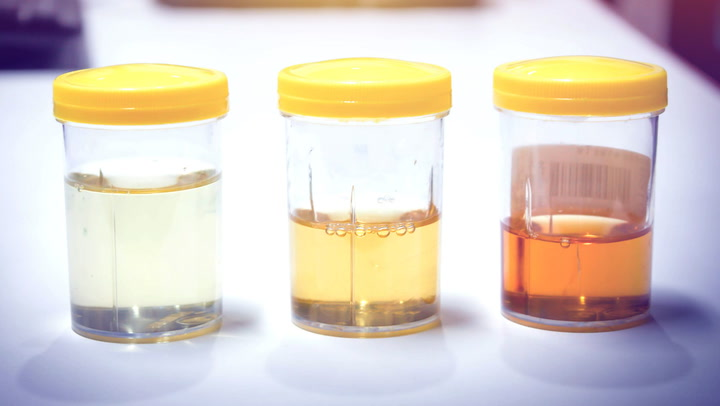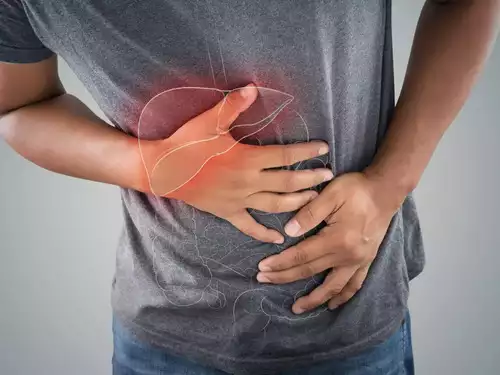The liver is one of the body’s most vital organs, serving as the powerhouse of detoxification, digestion, and metabolism. But what happens when this essential organ starts to fail? Liver failure can sneak up on you, developing silently and causing serious damage before symptoms even become noticeable. To prevent life-threatening complications, recognizing early signs is crucial.
In this article, we will uncover the early warning signs of liver failure that you should never ignore. Being aware of these symptoms can empower you to take proactive steps toward your health or the well-being of someone you care about.

Understanding the Importance of Liver Health
Before diving into symptoms, it’s essential to grasp the liver’s role. The liver filters toxins from your blood, aids in digesting food, produces bile, and stores essential nutrients. It works relentlessly to maintain your body’s balance and overall health. When it stops working properly, your body begins to show signs—some subtle, others more dramatic. Knowing these signs can be the difference between a simple treatment and a medical emergency.
Early Symptoms of Liver Failure You Should Know
Fatigue and Weakness: A Common Red Flag
Do you constantly feel drained, even after a good night’s sleep? Unusual fatigue is one of the earliest signs of liver failure. The liver’s impaired ability to remove toxins from the blood can lead to feelings of exhaustion. This toxic buildup affects energy production, making you feel weak and sluggish throughout the day. If you notice persistent fatigue despite adequate rest, it’s worth investigating.
Jaundice: The Skin and Eye Color Change
Jaundice is one of the most noticeable signs of liver dysfunction. This yellowing of the skin and whites of the eyes occurs when the liver struggles to process bilirubin, a byproduct of red blood cell breakdown. The liver normally filters and excretes bilirubin, but when it’s failing, this process slows down, causing bilirubin to accumulate in the body. If you notice yellowish skin or eyes, it’s time to seek medical attention urgently.
Gastrointestinal Symptoms and Discomfort
Abdominal Pain and Swelling: Pay Attention to Your Gut
Do you feel pain in your upper right abdomen? Liver failure can cause mild discomfort to significant pain in this region. In severe cases, the liver becomes enlarged, resulting in swelling in the abdominal area due to fluid buildup (ascites). The swelling may also be accompanied by a feeling of heaviness or bloating, making it uncomfortable to sit or lie down for long periods. Ignoring persistent abdominal pain could delay crucial treatment.
Nausea and Vomiting: Your Body’s Alarm System
When the liver cannot effectively process toxins, the digestive system takes a hit, leading to persistent nausea and vomiting. These symptoms can also be associated with poor bile production, which impairs digestion. If you’re experiencing frequent waves of nausea or unexpected bouts of vomiting, it’s a potential sign that your liver is in distress.

Loss of Appetite: Sudden Changes in Eating Habits
A loss of appetite or sudden aversion to food can be a telltale sign of liver failure. Coupled with unexplained weight loss, this can be a significant indicator of a malfunctioning liver. You might feel full faster than usual or experience a persistent feeling of fullness, even after consuming small amounts of food. These changes are your body’s way of signaling that something is wrong.
Changes in Urine, Stool, and Skin
Dark Urine: A Sign of Increased Bilirubin
If you notice your urine turning dark, this could be a sign that bilirubin levels in your body are rising. When the liver cannot process bilirubin efficiently, it is excreted through urine, changing its color to dark yellow, brown, or even amber. This symptom can often be a warning sign that precedes more severe liver complications.
Pale or Clay-Colored Stools: An Early Digestive Warning
The liver produces bile, which gives stools their normal brown color. When bile production or flow is disrupted due to liver failure, stools may become pale or clay-colored. This can be one of the earliest signs of liver dysfunction, indicating that bile is not reaching the digestive tract effectively.

Itchy Skin: A Symptom Often Overlooked
Are you experiencing constant itching with no apparent cause? Itchy skin is often overlooked as a symptom of liver failure. This occurs due to bile salts accumulating under the skin, which can be a direct result of bile flow obstruction. Itching can become intense, affecting sleep and quality of life.
Blood and Brain-Related Symptoms
Easy Bruising and Bleeding: Blood Clotting Issues
The liver produces proteins that are vital for blood clotting. When the liver is compromised, these proteins decrease, leading to easy bruising and prolonged bleeding from minor cuts or injuries. If you find that you’re suddenly bruising more easily than before, your liver’s health could be the culprit.
Confusion and Cognitive Problems: The Brain-Liver Connection
Liver failure doesn’t just affect the body; it can also impact the mind. Toxins that aren’t properly filtered can reach the brain, leading to confusion, forgetfulness, or even severe cognitive impairment, a condition known as hepatic encephalopathy. If you or a loved one experience sudden confusion or mental fog, it’s crucial to consult a healthcare professional immediately.

Conclusion: Stay Proactive About Liver Health
Liver failure is a serious condition that can escalate quickly if not caught in time. Early detection is your best defense. By staying aware of the symptoms—fatigue, jaundice, abdominal discomfort, changes in urine and stool, skin issues, easy bruising, and cognitive problems—you can take immediate steps to seek medical advice.
Remember, the liver is resilient but not invincible. Regular check-ups, a balanced diet, limited alcohol consumption, and a healthy lifestyle can help protect this vital organ. If you or someone you know is experiencing any of these signs, don’t hesitate to reach out to a healthcare provider. Your liver works hard to keep you healthy; give it the attention it deserves.


